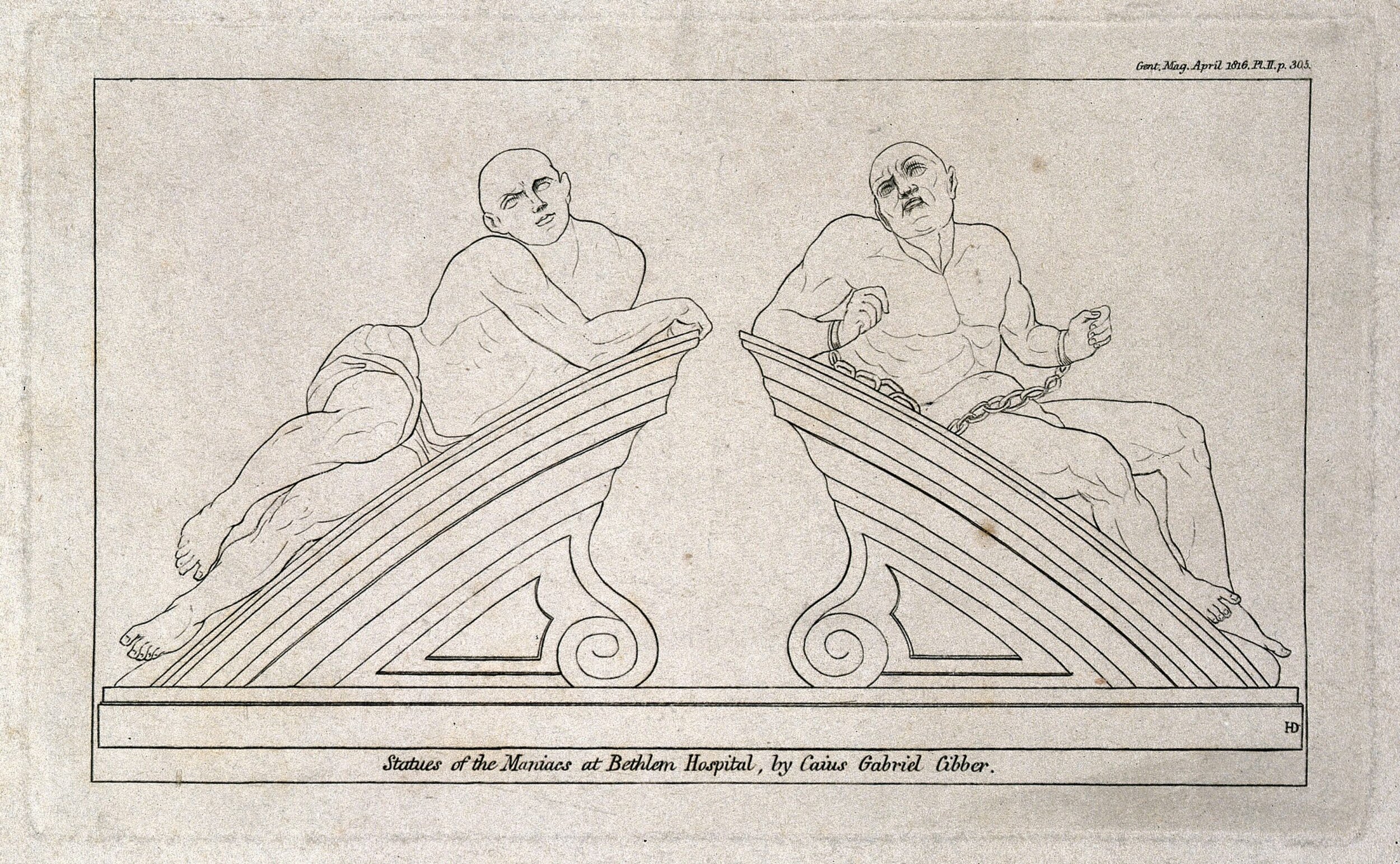Voices in the Night

The most classic symptom of schizophrenia is hearing voices, which begs the question, do deaf people with schizophrenia hear voices?
When the average person talks about “crazy,” they’re usually speaking of schizophrenia. An unfortunately relatively common mental disorder, schizophrenia is probably the most important form of psychosis in modern society and, according to many if not most psychiatrists, the single most debilitating and difficult to treat of all psychiatric illnesses. The most classic symptom of schizophrenia is auditory hallucinations, which in the vast majority of people manifests as hearing voices. People with schizophrenia often hear multiple voices which commonly are critical and insulting or give a running commentary on what the person is doing, and depending on the person’s delusional framework, they might recognize these voices as a symptom of an illness, as telepathically listening in on people around them, as the government communicating with them via an implanted transmitter, or almost anything else. Obviously, voice-hearing is something we spend a lot of time looking for and at in medicine, which makes it all the funnier that, until a junior colleague asked me, one question had never occurred to me in three years of my psychology undergrad, four years of medical school, and five years of residency: do deaf people with schizophrenia hear voices?
It’s the kind of question that makes you feel really stupid that you never asked, which makes it a very important question.
What the question really gets at, of course, isn’t something so specific as one single mental disorder or illness. When we start to think that “this is how something works,” it’s easy to stop considering other ways that thing might function. For us storytellers and world-builders, it’s a potentially useful eye-opener. If deaf people with schizophrenia experience voices a different way, what about races that don’t use hearing? What happens to races who really can hear others’ thoughts? Humans can experience profound physical symptoms in response to stress and anxiety, from headaches and upset stomachs right up to transient paralysis; what symptoms does a bodiless ghost develop when it’s overwhelmed by worry? Certain disorders are known to manifest with subtly (and sometimes hugely) different symptoms depending on whether a person is raised in American culture or Japanese culture, and yet, do we really imagine that major depression manifests the same way in an elf and a dwarf, let alone a dwarf and a sahuagin? And how would you even know if a drow is psychotically paranoid, given the high degree of paranoia needed to survive in a drow city?
Incidentally, it turns out that a handful of researchers have tried to figure out whether deaf people, specifically people who were born deaf, hear voices. It’s hard to know for certain, because these individuals have profound difficulty explaining the sensation and it would be difficult for them to really know if it’s a “voice” versus another sound, but it actually seems that these congenitally deaf people do experience a sensation that seems to be very similar to voice-hearing. A small subset seem to develop visual hallucinations of hands performing sign language, which is doubly weird considering that visual hallucinations are incredibly rare in “regular” schizophrenia.
All of this presents some potentially interesting ways to make different races a little bit more different from each other. Unlike infectious diseases, which might more plausibly affect different races in a very similar way, any “endogenous” disorder, be it mental illness or genetic mutation, really ought to have some different manifestations, and these can be as small or as huge as a storyteller wants. If differences are small, then perhaps depressed elves develop a powerful feeling of being cut off from nature whole depressed dwarves develop an irrational sense that their ancestors disapprove of them. If differences are large, perhaps a psychotic orc becomes peaceful and contemplative while a psychotic flumph spontaneously explodes. Given the endless variety and surprise that humans can present us, it’s actually faintly ridiculous to think that other races would experience the same syndromes, all of which gives a storyteller ample opportunity to craft a tool to drive a story forward.
 More than four years ago, Dr. Eris Lis, M.D., began writing a series of brilliant and informative posts on RPGs through the eyes of a medical professional, and this is the one that appeared here on May 16, 2015. Lis is a physician, gamer, and author of the Skirmisher Publishing LLC OGL sourcebook Insults & Injuries, which is also available for the Pathfinder RPG system.
More than four years ago, Dr. Eris Lis, M.D., began writing a series of brilliant and informative posts on RPGs through the eyes of a medical professional, and this is the one that appeared here on May 16, 2015. Lis is a physician, gamer, and author of the Skirmisher Publishing LLC OGL sourcebook Insults & Injuries, which is also available for the Pathfinder RPG system.






